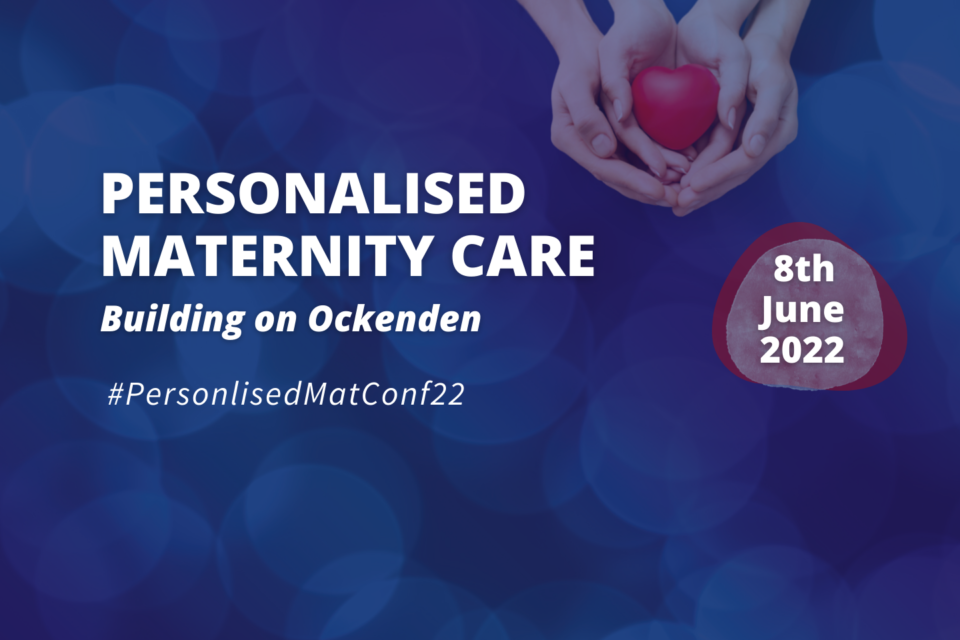There is no question maternity services in the UK are experiencing struggles at this time. There is much that can, and needs to be, done to improve circumstances. In this article Dr Claire Feeley Lecturer (Research & Teaching) from King’s College London provides views on the issues and discusses why a positive view on personalised maternity care is important.
_______________________________________________________________
Personalised maternity care conference: Building on Ockendon
Many of you will know my work related to supporting birth choices termed ‘outside of the guidelines’. However, my previous research explored birthing women and people’s decision to freebirth, finding for some, the decision to freebirth was due to obstructive care and a lack of support for autonomous decision-making; say for seeking a homebirth with ‘risk’ factors. Therefore, from this work, my PhD work revolved around NHS midwives who were actively supportive of alternative physiological births across a wide spectrum of decisions. The midwives demonstrated high levels of emotional intelligence, clinical skill and competence to provide safe care that women wanted. Crucially, the levels of support and whether the midwives worked in a psychologically safe culture were an enabling (or hindering) factor, influencing the midwives’ ability to provide this care. We also know from the wider literature, the delivery of maternity services must be viewed within its complex sociocultural-political context acknowledging a system approach to safe, personalised maternity care is essential.
However, my research and others since then, repeatedly demonstrate women on both ends of the decision spectrum face challenges receiving their preferred care. From system-wide obstacles to accessing elective caesareans, to home birth suspensions or excessively strict criteria for accessing a birth centre, or spurious safeguarding referrals for decisions outside the ‘norm’ – all of which co-exist under the same NHS system. Within this same system, significant issues of racist discrimination mean Black, Asian and other minoritised women are not being listened to, heard, or having their needs met. And of course, the recent Ockenden Report makes for harrowing reading with the core, essential issue of families repeatedly ignored, lied to, and dismissed – with tragic consequences. All this sits within a backdrop of 12 years of austerity, Brexit and the pandemic; creating a perfect storm of poor staffing, workload and health professional burnout.
It would be easy, and understandable, to fall into hopelessness and helplessness at the enormous mountain we, in maternity services, must climb to address these concurrent issues. However, I have hope and optimism. We know personalisation, meaningful relationships and enabling work environments are the key to safe care and are the foundational blocks to overcome our challenges. Therefore, my hope and optimism are thanks to the wonderful professionals who have come forward, graciously accepting an invite to speak at our conference on Wed 8th June. Their work and practice exemplify personalised and safe care, promising to offer us encouragement and inspiration. The purpose of this conference is to share best-practice, what is working well, where and how – a solution-focused framing to guide improvements. The speakers will span the childbearing continuum, antenatal, intrapartum and postnatal care; encompass personalisation beyond divides. The speakers include service user perspectives, multidisciplinary professional voices and collaborations. The day will take both a micro-view to consider the parent-professional interactions and a macro view, to consider regional and national perspectives. Wherever we work, whatever our role, this line-up of speakers promises to reinvigorate. We hope to see you there, in person, virtually or on-demand!
FIND OUT MORE AND BOOK YOUR PLACE HERE
Dr Claire Feeley Lecturer (Research & Teaching),
King’s College London
June 2022


